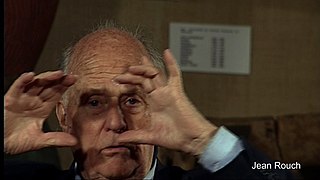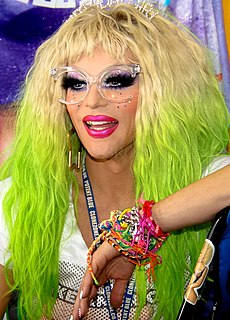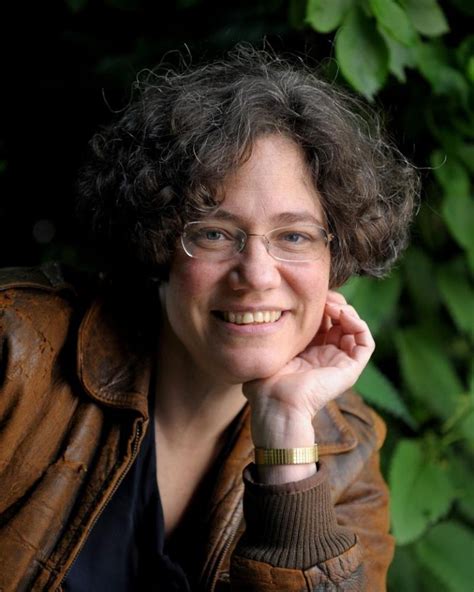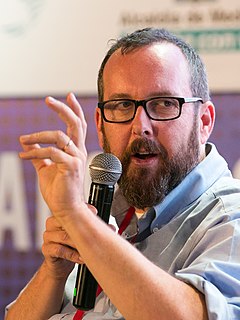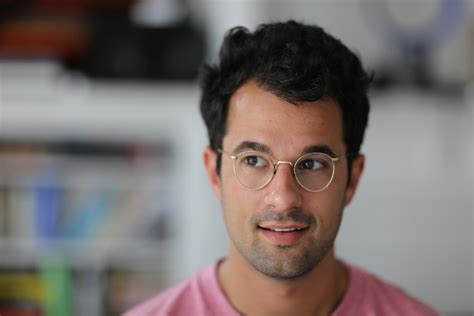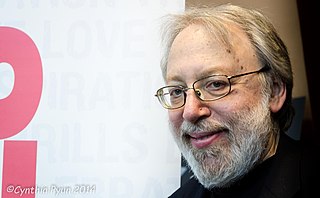A Quote by Crispin Glover
Realism is always subjective in film. There's no such thing as cinema verite. The only true cinema verite would be what Andy Warhol did with his film about the Empire State Building - eight hours or so from one angle, and even then it's not really cinema verite, because you aren't actually there.
Related Quotes
I look at the human sciences as poetic sciences in which there is no objectivity, and I see film as not being objective, and cinema verite as a cinema of lies that depends on the art of telling yourself lies. If you’re a good storyteller then the lie is more true than reality, and if you’re a bad one, the truth is worse than a half lie.
Narrative, fiction filmmaking is the culmination of several art forms: theater, art history, architecture. Whereas doc filmmaking is more pure cinema, like cinema verité is film in its purest form. You're taking random images and creating meaning out of random images, telling a story, getting meaning, capturing something that's real, that's really happening, and render this celluloid sculpture of this real thing. That's what really separates the power of doc filmmaking from fiction.


